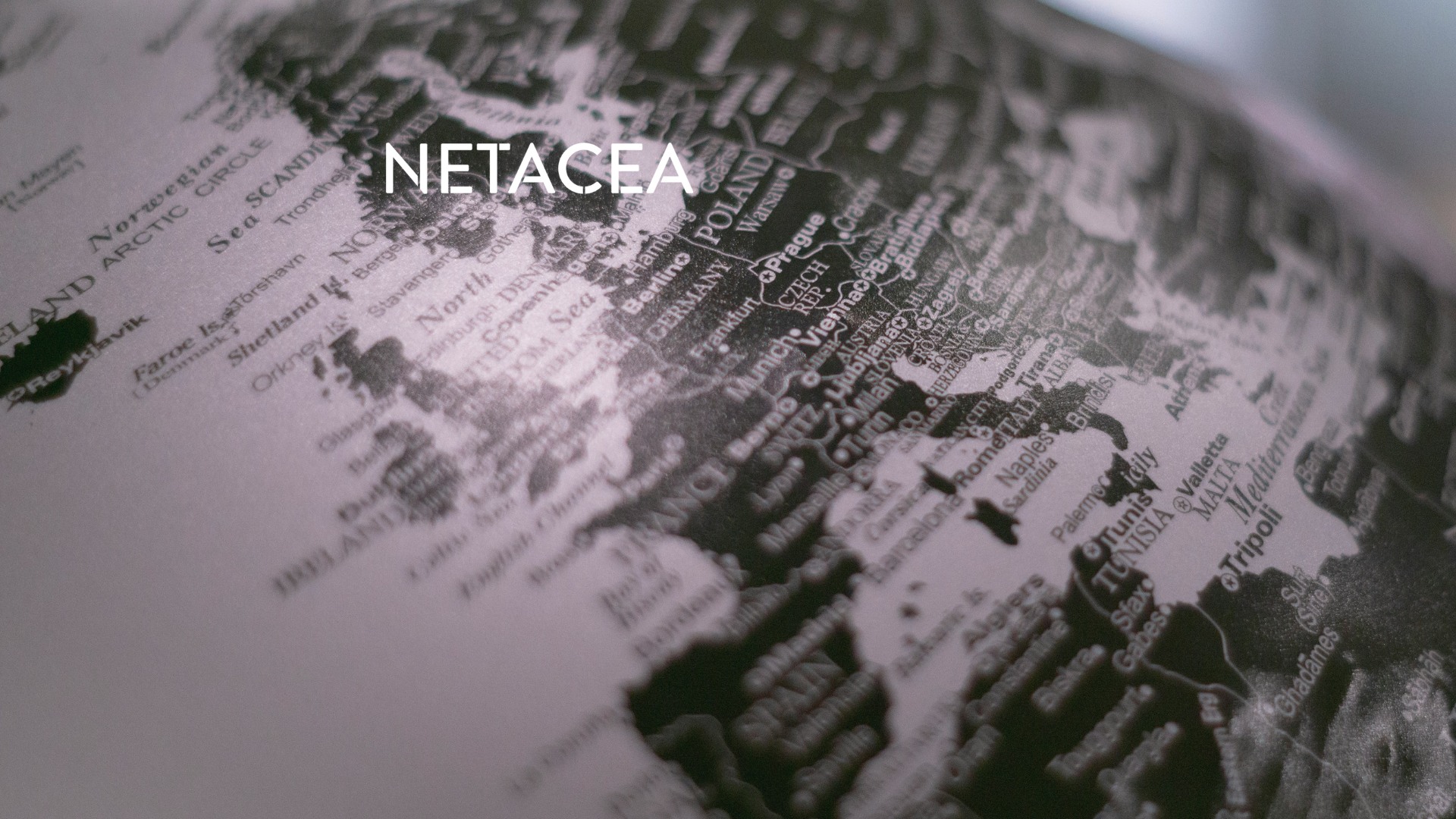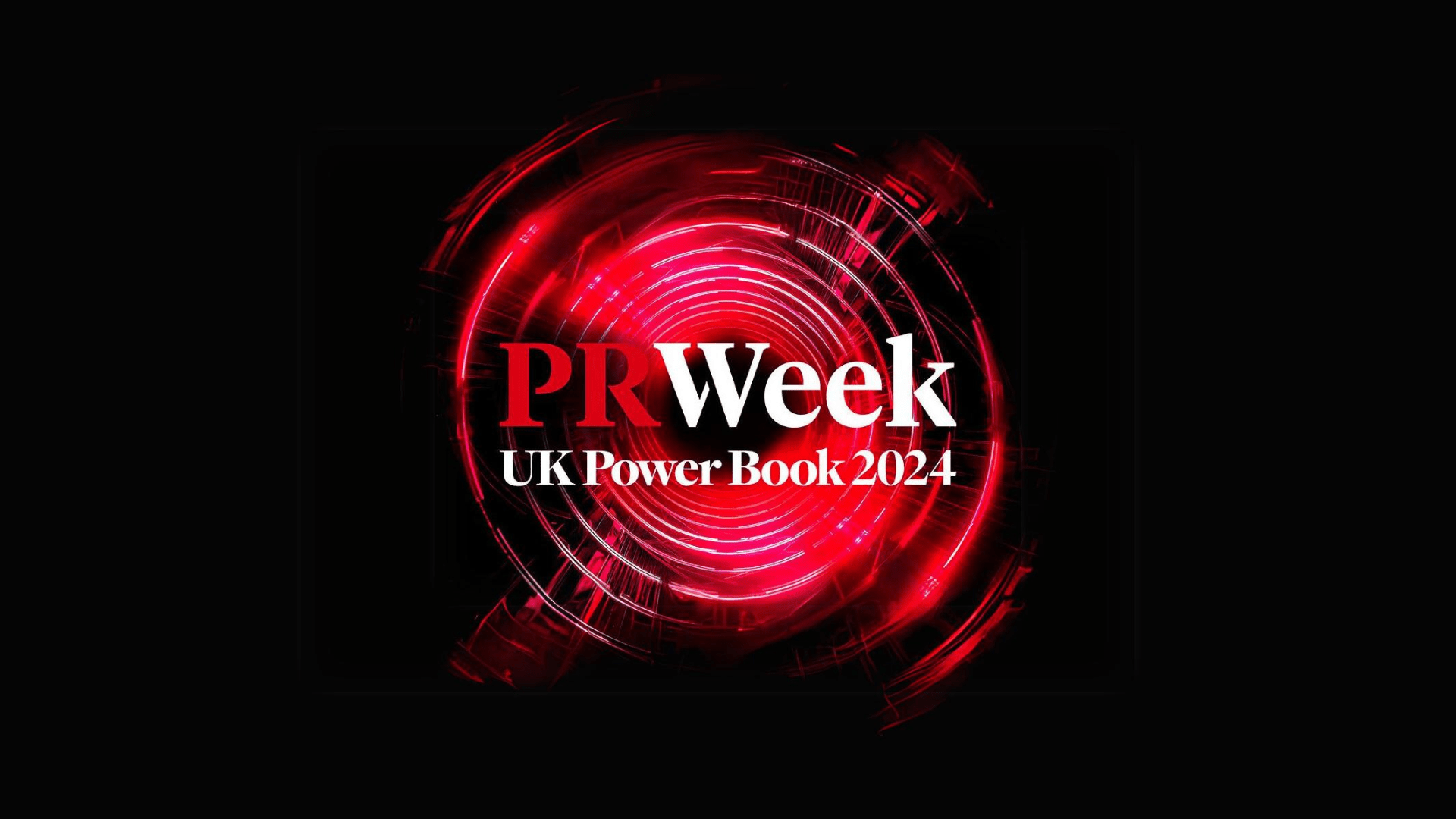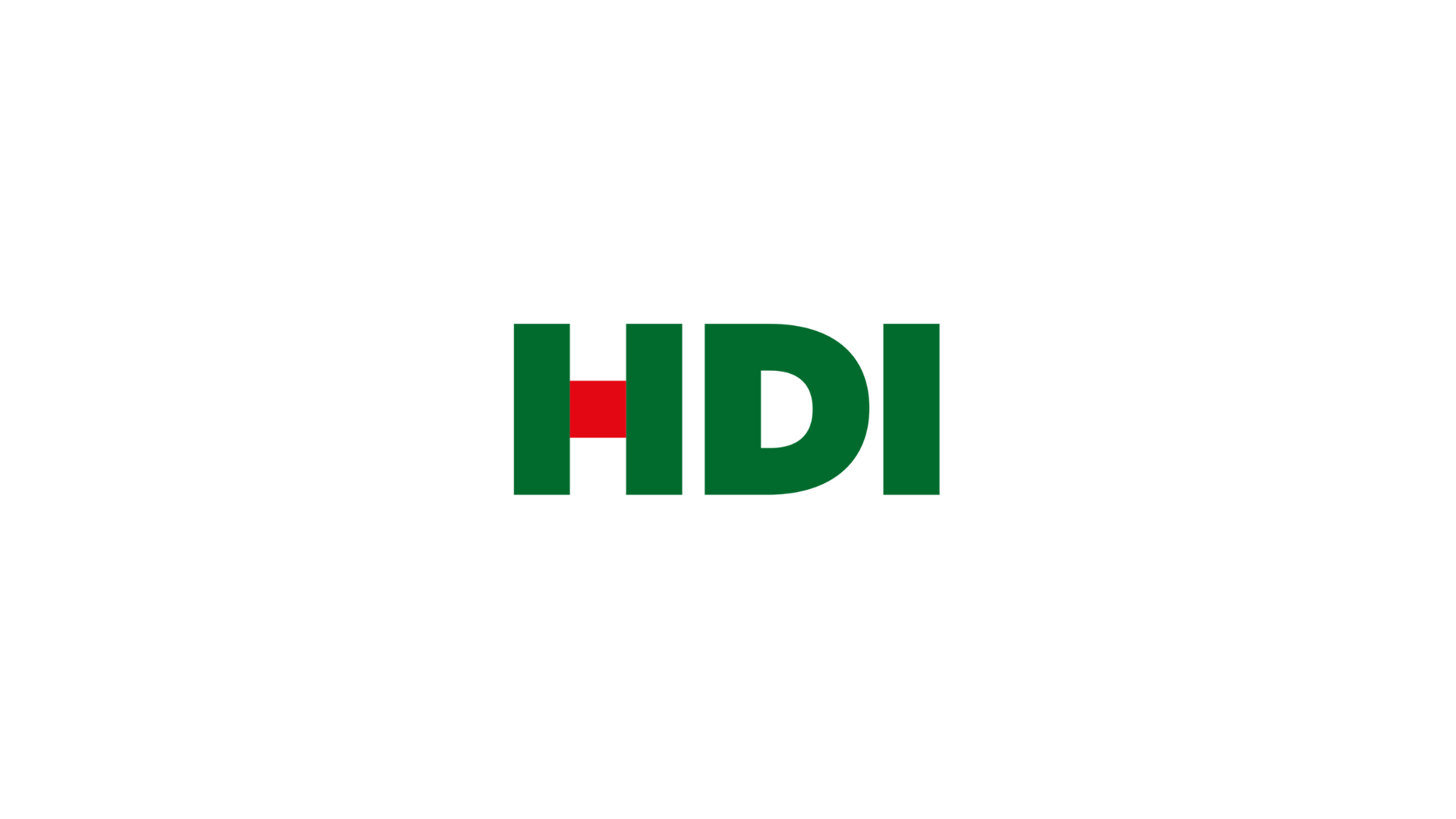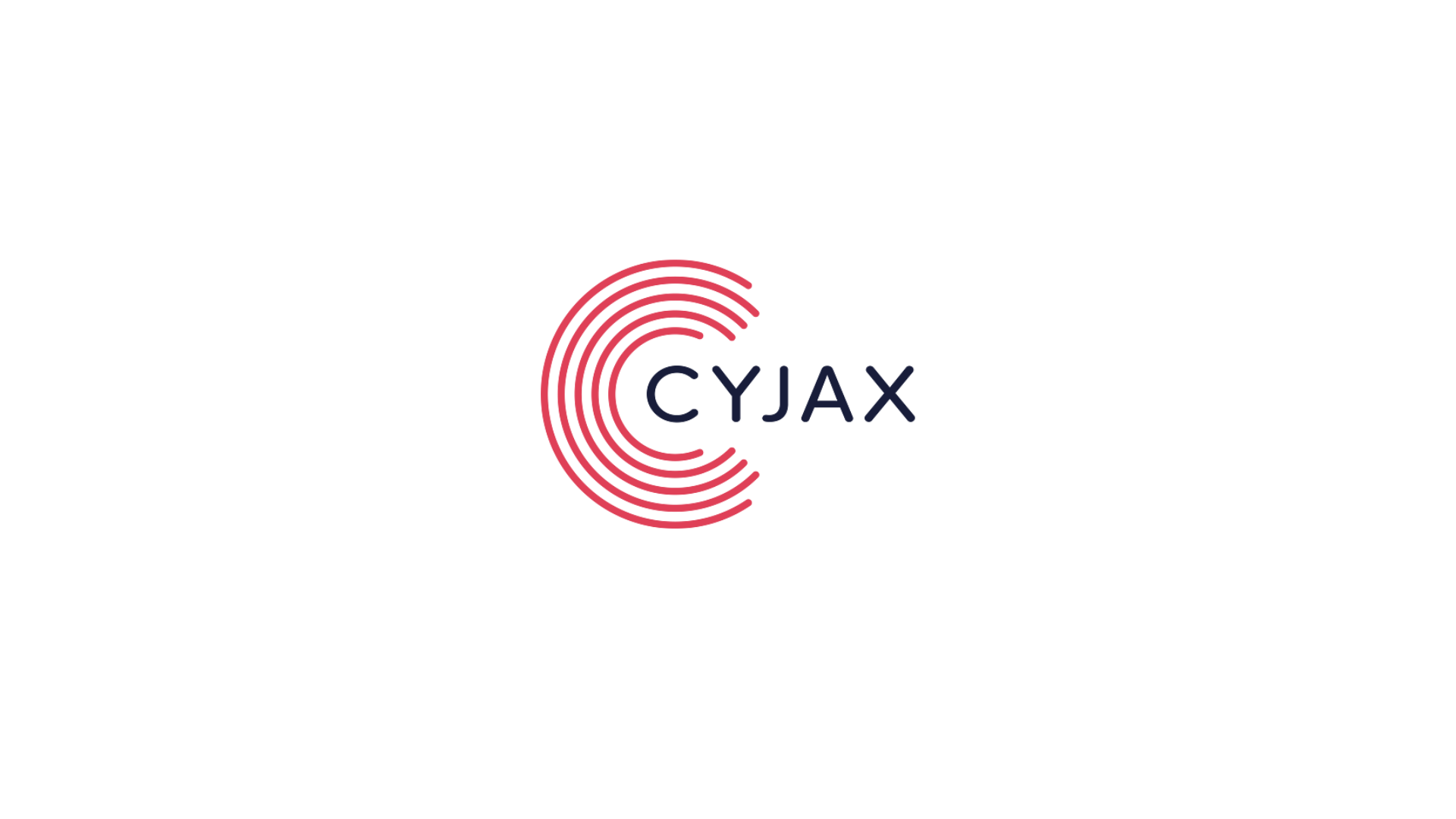What has happened?
Later this year Ofcom will auction licences to use 190 MHz of spectrum in two frequency bands: 40MHz in the 2.6GHz band, and 150MHz in the 3.4GHz band. 2.6GHz can be used immediately to provide extra capacity and support existing 4G services. 3.4GHz is not compatible with most current mobile devices, but is identified as central to the rollout of 5G.
Ofcom announced yesterday that as part of this auction it will cap the amount of “immediately usable” spectrum that any one operator can hold. It will also cap the “overall” amount of usable mobile spectrum an operator can own in 2020 at 37%, which includes the 700MHz band that will be auctioned in the future.
Who does this effect?
BT/EE currently holds 42% of immediately usable UK mobile spectrum. The caps mean that BT/EE cannot bid in the 2.3GHz band. However, it can win a maximum 85 MHz of new spectrum in the 3.4GHz band.
Vodafone holds 29%. The overall cap means that it could gain a maximum 160 MHz of spectrum across both the 2.3GHz and 3.4GHz bands.
With 15% of spectrum, Three has kicked up a fuss. It wants its larger rivals subject to stricter spectrum caps, and has previously called for a 30% cap on spectrum ownership.
O2 holds just 14% of spectrum, yet a 33% market share in the UK. It has previously backed a 35% cap.
Why does this matter?
It’s no secret that the demand for data is growing exponentially, driven by smartphones and increased use of video. Capacity requirement has also sky rocketed -and is forecast to hit 50% CAGR by 2023 (ITU). Making more spectrum available will allow mobile operators to deal with this demand, and to do so in a competitive manner.
At the “Priorities for UK spectrum policy: competing demands, developing 5G, and the UK’s international role” event last week David Dyson, CEO at Three explained that the ability for mobile operators to compete will depend on digital connectivity. In fact, he set a benchmark of 20% of spectrum ownership in order for Three to be competitive.
According to Dyson, larger operators’ increased amount of spectrum ownership allows them to be more future-looking. He pointed to EE and Vodafone’s recent unveiling of Gigabit LTE plans as a reflection of the inequality of spectrum allocation.
But the event also highlighted that this spectrum auction isn’t just about driving competition among the four UK operators. It also plays an important part in determining the competitiveness of the UK on the global stage, and is vital for its digital strategy.
When it comes to 5G, the pioneering spectrum bands will be 700MHz, 3.4-3.8GHz, and 26GHz. These will allow the support of enhanced mobile broadband, massive machine type communications, ultra-reliable and low latency communications that is inherent in 5G.
Given the current economic challenges, the UK needs to be seen to create world-class connectivity. It is not surprising therefore that politicians have set the goal for making the UK a 5G leader.
However, it will be up to the industry to make it happen – and it will be expensive. With increasing pressure on MNOs to accommodate increasing data traffic without more revenue, there must be enough of an incentive for the network investment required for 5G.
















